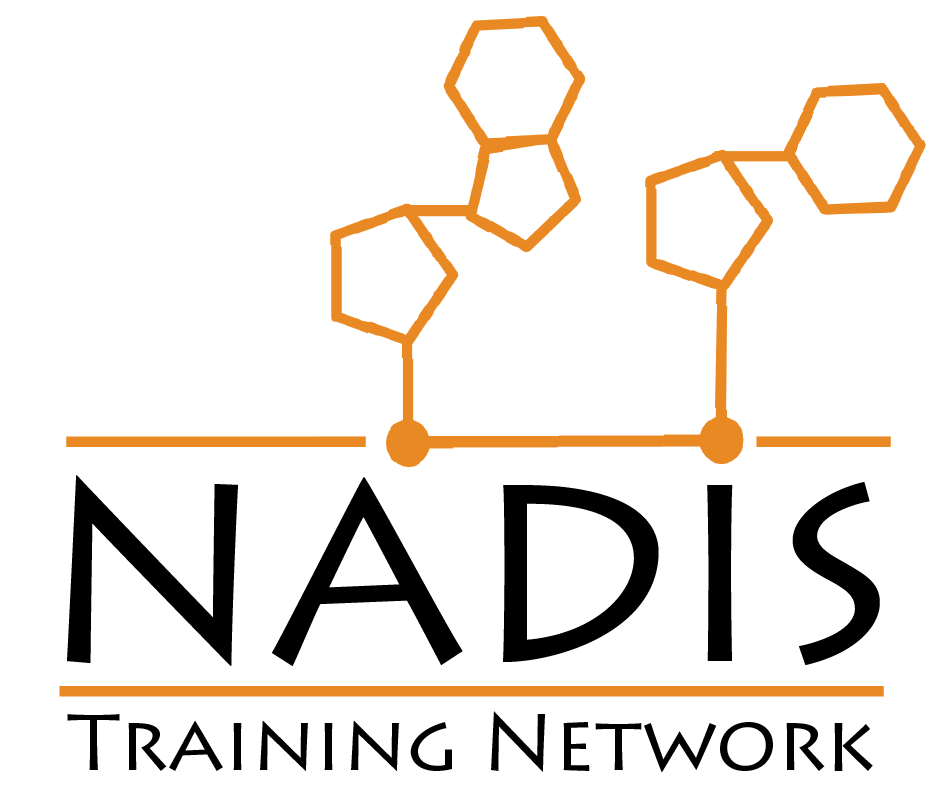
| Name: | Riekelt Houtkooper |
| Nationality: | Dutch |
| MSc education: | Biomedical Sciences, University of Amsterdam |
| PhD education: | Laboratory Genetic Metabolic Diseases, University of Amsterdam |
| Postdoc education: | Laboratory for Integrative and Systems Physiology; Ecole Polytechnique Federale de Lausanne |
| Current position: | Professor of Translational Metabolism, Amsterdam University Medical Centers, University of Amsterdam |
| DCs: | Maria Tretowicz, Kasper Vinten, Melisa Ermert |
| Social media handles: | X (@rhhoutkooper) |
| Description of my lab’s work: | Riekelt Houtkooper is professor of Translational Metabolism, and his group works on molecular and translational metabolism, both in the context of inborn errors of metabolism and aging. Prof. Houtkooper is coordinator of the MSCA-Doctoral Network project NADIS, and a board member for the Dutch Society for Research on Aging, the Dutch Metabolomics Center, and the Emma Center for Personalized Medicine. Over the past few years, prof. Houtkooper’s team used cross-species multi-omics integration to identify key mechanisms underlying metabolic flexibility, and open up therapeutic avenues for a wide variety of human diseases in which metabolism is a driving force. A specific example is research on nicotinamide adenine dinucleotide, or NAD+. Together with collaborators across the world. we identified the therapeutic potential of the NAD+ precursor NR against metabolic disease in mice, how it extends lifespan in C. elegans, we showed NRH and NMNH as novel, potent NAD+ boosters, and tested NR’s therapeutic effects in people with compromised metabolic health. |
| Favorite way to keep NAD levels high: | Playing tennis |
| Top 3 publications: | 1. Zapata-Pérez R, Wanders RJA, van Karnebeek CDM, Houtkooper RH. NAD+ homeostasis in human health and disease. EMBO Mol Med. 2021 Jul 7;13(7):e13943. 2. Zapata-Pérez R, Tammaro A, Schomakers BV, Scantlebery AML, Denis S, Elfrink HL, Giroud-Gerbetant J, Cantó C, López-Leonardo C, McIntyre RL, van Weeghel M, Sánchez-Ferrer Á, Houtkooper RH. Reduced nicotinamide mononucleotide is a new and potent NAD+ precursor in mammalian cells and mice. FASEB J. 2021 Apr;35(4):e21456. 3. Janssens GE, Grevendonk L, Zapata Perez R, Schomakers BV, De Vogel-Van den Bosch J, Geurts JMW, Van Weeghel M, Schrauwen P, Houtkooper RH*, Hoeks J*. Healthy aging and muscle function are positively associated with NAD+ abundance in humans. Nature Aging. 2022; 2: 254–263. |
